Life
Sign up for our newsletter
We summarize the week's scientific breakthroughs every Thursday.
-
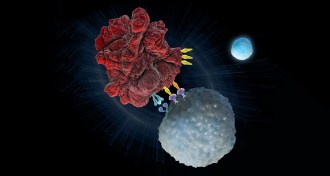 Health & Medicine
Health & MedicineTherapy flags DNA typos to rev cancer-fighting T cells
Genetic tests help identify cancer patients who will benefit from immune therapy.
-
 Paleontology
PaleontologyPrimitive whales had mediocre hearing
Fossils suggest that early whale hearing was run-of-the-mill, along the same line as that of land mammals.
-
 Climate
ClimateClimate change might help pests resist corn’s genetic weapon
Rising temperatures may allow pests to eat corn that is genetically modified to produce an insect-killing toxin.
By Susan Milius -
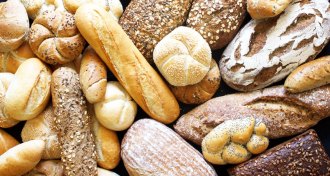 Health & Medicine
Health & MedicineChoosing white or whole-grain bread may depend on what lives in your gut
Gut microbes determine how people’s blood sugar levels respond to breads.
-
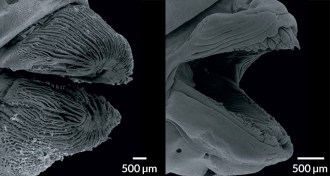 Animals
AnimalsBig slimy lips are the secret to this fish’s coral diet
A new imaging study reveals how tubelip wrasses manage to munch on stinging corals.
-
 Life
LifeWhen it comes to the flu, the nose has a long memory
Mice noses have specialty immune cells with long memories.
-
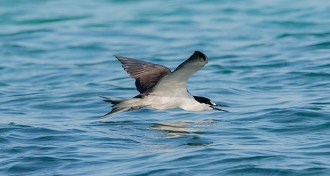 Animals
AnimalsSooty terns’ migration takes the birds into the path of hurricanes
Sooty terns migrate south from southern Florida and back again. The track sometimes takes the birds into the path of hurricanes, a new study finds.
-
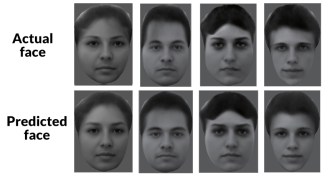 Neuroscience
NeuroscienceBrains encode faces piece by piece
Cells in monkey brains build up faces by coding for different characteristics.
-
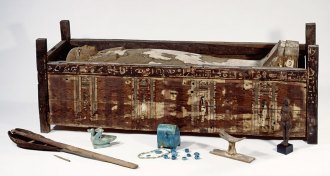 Genetics
GeneticsMummy DNA unveils the history of ancient Egyptian hookups
A study of DNA extracted from Egyptian mummies untangles ancient ancestry and attempts to resolve quality issues.
-
 Paleontology
PaleontologySea scorpions slashed victims with swordlike tails
Ancient sea scorpion used a flexible, swordlike tail to hack at prey and defend against predators.
-
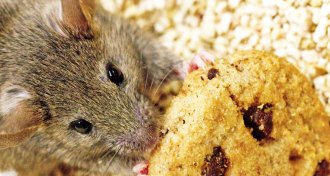 Neuroscience
NeuroscienceObscure brain region linked to feeding frenzy in mice
Nerve cells in a little-studied part of the brain exert a powerful effect on eating, a mouse study suggests.
-
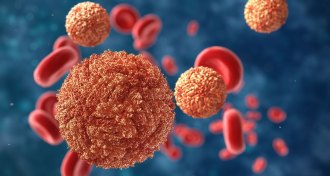 Genetics
GeneticsThe Zika epidemic began long before anyone noticed
Zika spread undetected into Brazil and Florida, a genetic study suggests.
By Laura Beil